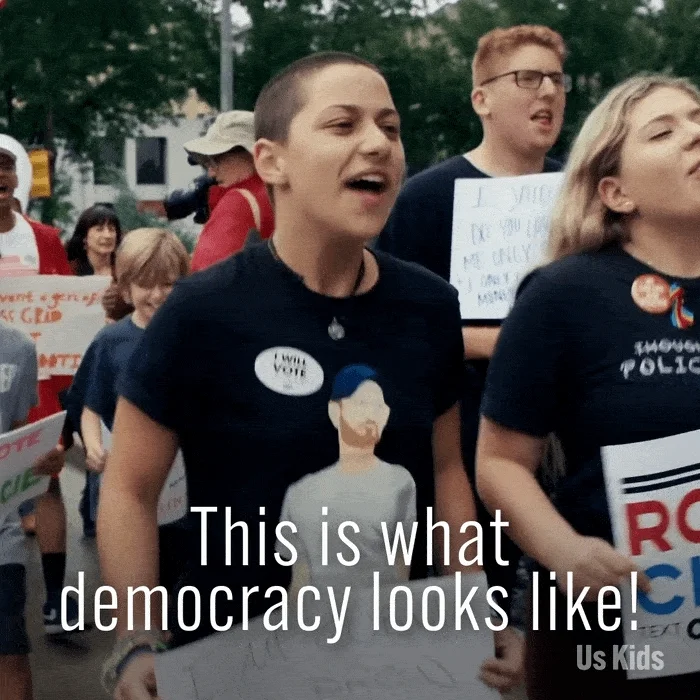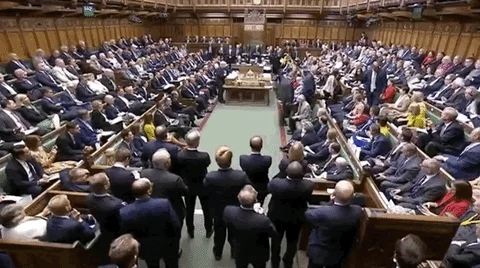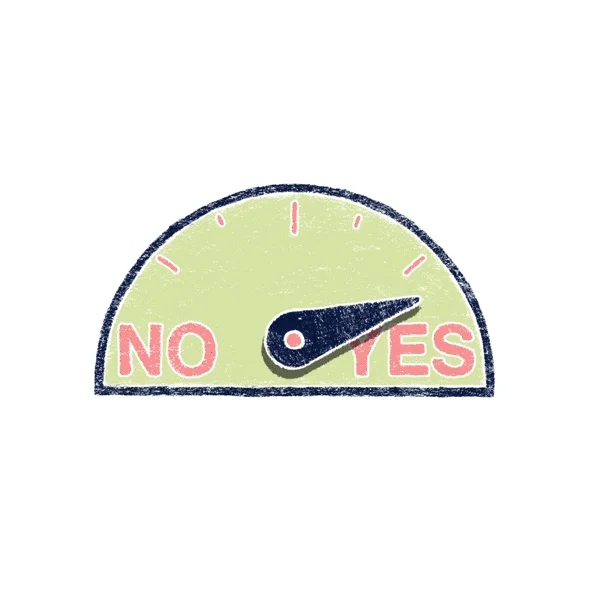 Democracy = People in Power
Democracy = People in Power
A democracy is a society where citizens have the right to influence decisions about laws and government.
A democratic government is controlled by its citizens, not its rulers.
According to the United Nations, all democracies share common principles:
Voting rights — participation in free and fair elections in a multi-party system
Individual rights — freedom of expression and association
Civil rights — equal and fair treatment for all citizens
Information rights — freedom of the press and government transparency
How do citizens exercise their power in each system?
Democracy can look different depending on where you live. There are two main types of democracy that exist today:
representative democracy
direct democracy
Representative Democracy

Most democracies follow a representative model:
Citizens elect officials to represent the needs and interests of the public.
Elected officials debate and pass laws in assemblies called legislatures.
Officials meet regularly with their constituents — the citizens they represent in their local area.
Representatives must be accountable to their constituents. If politicians don't meaningfully address the public's concerns, they might be voted out of office.
Did you know?
Direct Democracy

In a direct democracy, citizens actively participate in government decisions.
Citizens groups can create and implement government policies through direct involvement in the planning process. For example, a neighborhood committee can draft a local traffic plan for approval by the community.
People can also participate in referendums, where they can vote for a particular policy. The policy is usually presented as a ballot question, and citizens can vote to accept it or reject it with a "yes" or "no" vote.

Did you know?
Knowledge Check

Each of these scenarios details a government decision:
a) A politician's proposal to decriminalize drug use goes to debate in the legislature and passes after a majority vote by elected representatives.
b) A country's leader makes an executive order to reduce national carbon emissions. It goes into effect immediately.
c) A government decides to increase funding for public transportation next year.
d) The citizens of a country vote on whether to change time zones or not. 53% vote "yes" and the country changes its time zone.
Quiz
Which of the above scenarios is an example of direct democracy?
Subscribe for more quick bites of learning delivered to your inbox.
Unsubscribe anytime. No spam. 🙂
Participation in Democracy
Most democracies aren't purely representative or 100% direct. In reality, they practice a combination of both models.
Democracies aren't perfect, either! Some governments could do a better job of representing their people.
Don't wait for your government to make decisions without your input! Without active citizens, democracies fail.
What can you do to get involved?

Contact Your Representatives
Understand their positions and intentions.
Where do they stand on issues that affect your life?
Are they willing to fight for you and your community?
Get Together
There's strength in numbers!
Organize or join interest groups with other members of your community.
Discuss your concerns and bring them up with your elected officials.
Take Action

Make your voice heard!
The more active you are as a citizen, the more your government will listen.
Your feedback matters to us.
This Byte helped me better understand the topic.
